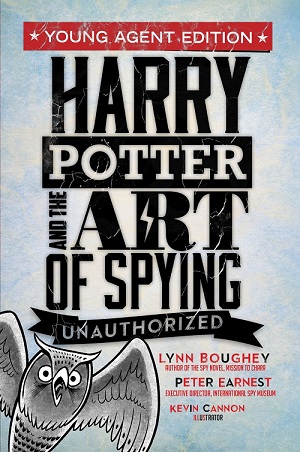[button color=”black” size=”big” link=”http://affiliates.abebooks.com/c/99844/77798/2029?u=http%3A%2F%2Fwww.abebooks.com%2Fservlet%2FSearchResults%3Fisbn%3D9780763631628″ target=”blank” ]Purchase here[/button]
The Naming
by Alison Croggon
Maerad has few memories of her life before she became a slave. She knows that her mother was a bard of the School of Pellinor – one of those people with an innate knowledge of the Speech that holds the true name of all things, people who can perform magic as easily as music. Her mother gave her a harp before she died, and Maerad knows how to play it, thanks to another enslaved bard who shared music but not magic with her. And she has survived almost to adulthood in the brutal conditions of a warlord’s compound, not even knowing about the great power that sleeps within her.
But Maerad hardly even dreams of being free from harsh servitude. It would be hard enough to get past the compound’s walls, guards, and dogs. No one traveling alone, unarmed, and on foot could hope to escape the shadow of the evil mountain, the vast wastes beyond, and the dangerous beasts that prowl in them. For Maerad, there seems to be no chance of escape.
And then Cadvan appears, wounded, exhausted, covered by a magic only she can see through. She saves him, and he returns the favor. Recognizing something in her that could spell the end of the Dark that presses against the land, Cadvan leads Maerad to freedom through a long, perilous journey. He brings her to one of the Bard schools that still hold out the Light against the encroaching Dark. He arranges to be her teacher, responsible for her training in letters, arms, and magic. And he becomes her guide and guardian on an even longer journey, fraught with even greater dangers, as they seek the advice of the leading school of bards.
As evil creatures, dark sorcerers, and a murky fate harass them on all sides, Maerad opens up. Her womanhood awakens. Her power, tremendous yet untrained, begins to show. Her background and heritage become increasingly strange and mysterious. Her feelings toward Cadvan begin to grow. And, by what surely cannot be mere luck, she discovers a brother she never knew was alive. So she lives to hear these words, from a lady whose similarity to Galadriel of Lorien is far from the only way this book resonates with The Lord of the Rings:
Your future is uncertain, and I can tell you nothing that can help you. You are singular and dangerous, and so it is that you are sought by both the Dark and the Light. Perhaps you will find that your Fate has nothing to do with either of them. It may be that you will find that your greatest peril exists already within you. Only this is clear: you have a great heart, but will only find it to be so through great pain. This is the wisdom of love, and its doubtful gift. Yet I have endured much suffering and still remain unbitter and unclosed.
To open this book is to enter a fresh fantasy world on the order of Tolkien’s Middle-Earth. It is to become caught up in another bout between good and evil, this time with everything pivoting on a girl instead of a handful of little men. It is to begin a quartet of robust dimensions, inspired when an award-winning Australian poet noticed that her son had begun to read fantasy. We can’t all get such gifts from our mothers, but we can horn in on Joshua Croggon’s bounty. Once you start to read this book, you will be carried along by its beautiful language and its compelling realization of a world of pure imagination. You may (or may not) enjoy the highly documented appendices, with their weird conceit that the book is translated from ancient texts surviving an Atlantis-like culture. (Personally, I sniffed at the author’s apparent bias in favor of “one of the most genuinely secular societies ever known.”) But I am quite sure the end of the book will leave you hungry for more. Be not dismayed. For this is only the first Book of Pellinor, a quartet that continues in The Riddle, The Crow, and The Singing.


